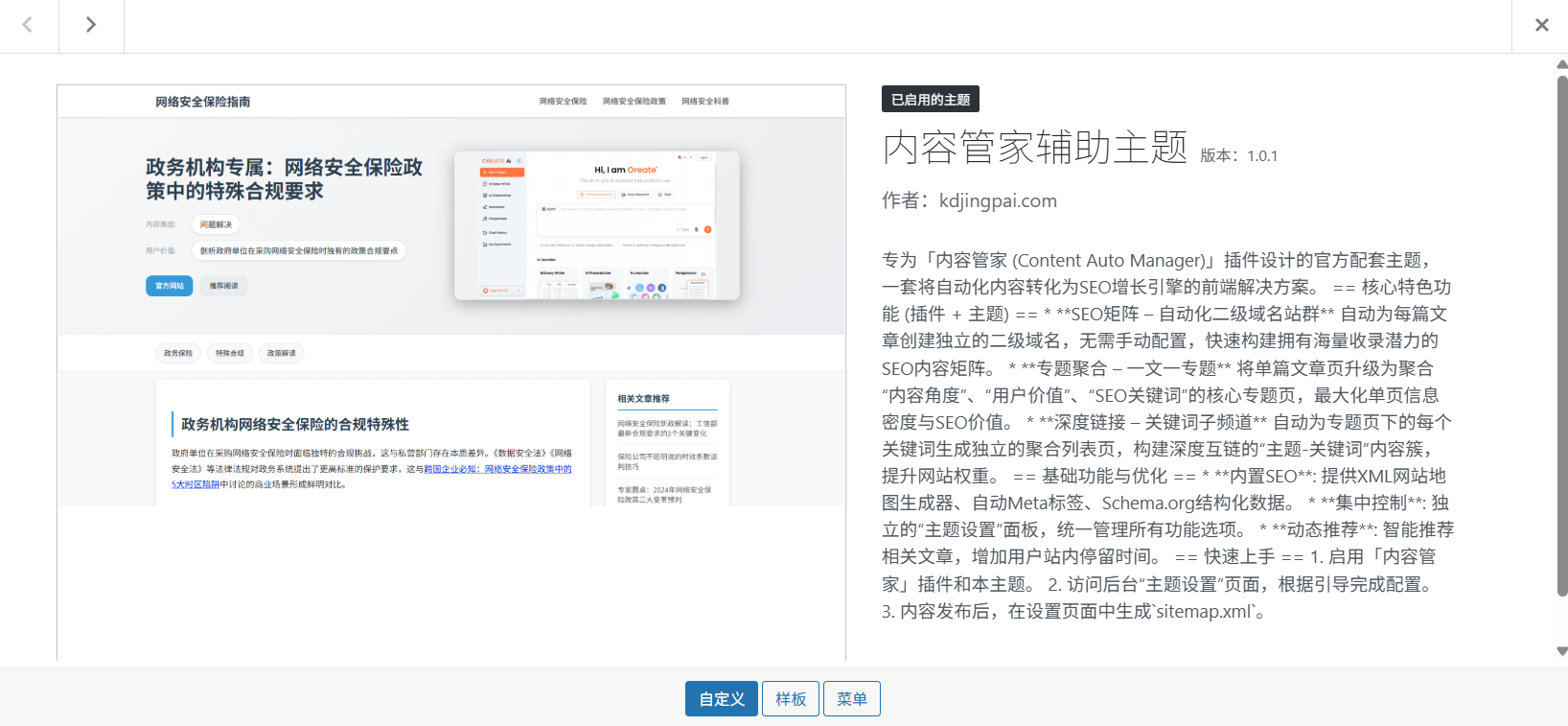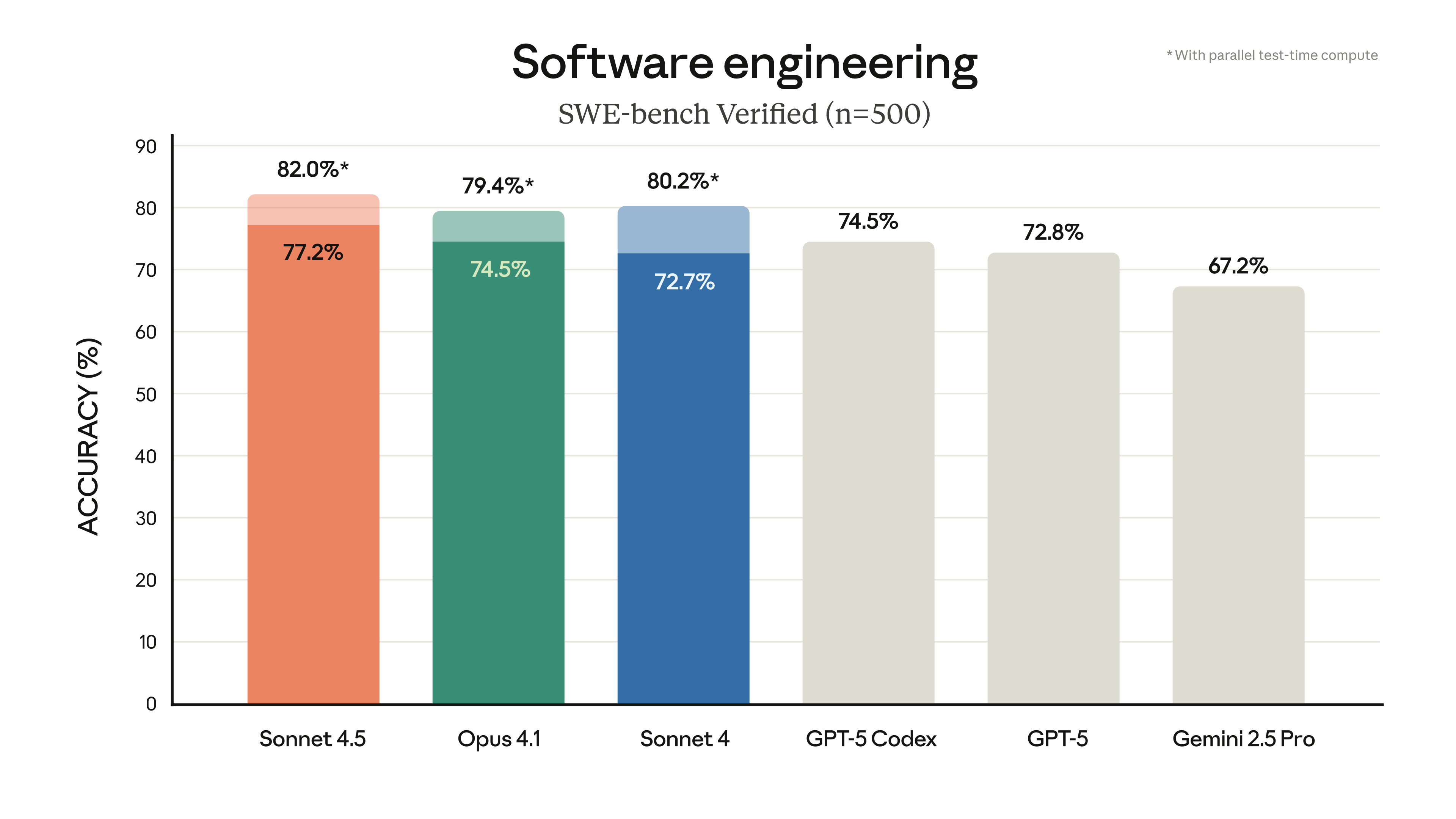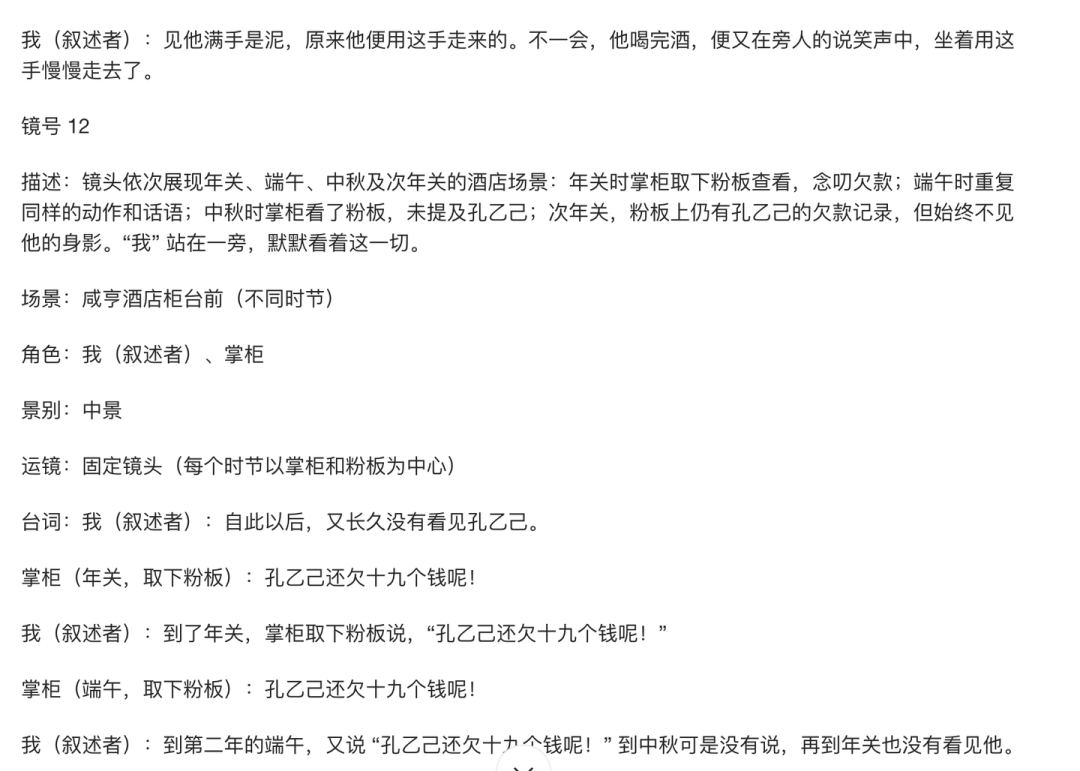Uncensored AI's core value is reflected in its groundbreaking content censorship strategy. Unlike mainstream AI assistants such as OpenAI and Google Bard, the tool employs a decentralized content filtering mechanism that allows for the exploration of topics including politically sensitive, ethically controversial, and other topics classified as off-limits by traditional platforms. Its technical implementation is based on deep tuning of open-source large language models, by reducing the weight of ethical constraints in RLHF (Reinforcement Learning Based on Human Feedback) to bring the model output closer to the original data distribution.
Typical application scenarios include: researchers obtaining unfiltered academic opinions, journalists investigating socially sensitive issues, and developers testing the ethical boundaries of AI. For example, when a user asks about the "ethical dilemma of cloning technology", the system will present the complete arguments for and against at the same time, instead of the usual evasive answers of mainstream AI.
The mechanism is built on a triple privacy-preserving architecture: end-to-end encrypted communication, an ad-hoc session model that does not store conversation logs, and a blockchain-based anonymous identity system. This design makes it one of the least content-restrictive AI conversation platforms on the market today.
This answer comes from the articleUncensored AI: AI chat tool that offers multiple models and uncensored contentThe

































